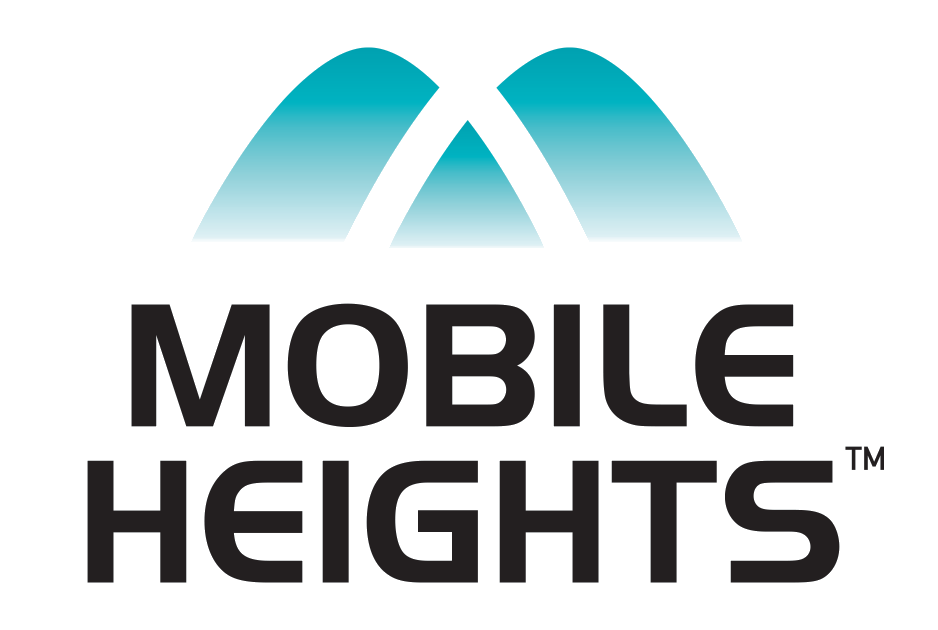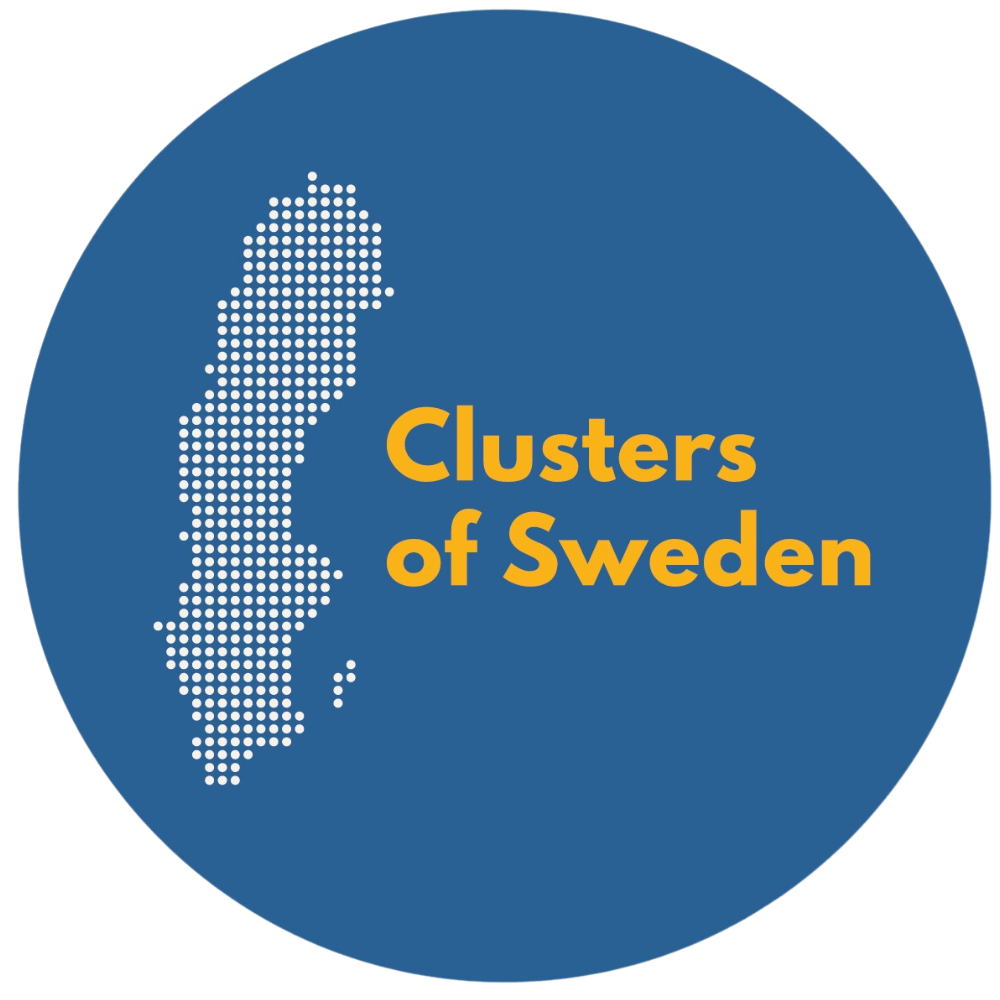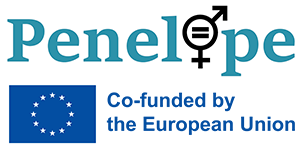


Could you please introduce yourself?
I am the CEO of Mobile Heights, the ICT cluster organization of Southern Sweden, and I am also the chairperson of the national Swedish cluster association, Clusters of Sweden. I am a passionate driver of the transition of society to the digital world. Under my leadership Mobile Heights has doubled in size and is also leading the regional Digital Innovation Hub, DigIT Hub Sweden. With more than 25 years of experience from telecom, IT security, smart card, biometrics, and space industries, I have led large mobile phone and chipset development programs, and as inventor and R&D director of a world leading fingerprint tech startup I was a pioneer in the biometrics industry.
I am also a member of the national board for IT/tech competence organized by TechSverige.
Could you describe your organizations in a few words?
Clusters of Sweden was established to highlight and channel interests, needs and opportunities of Swedish cluster organizations. We are backed by clusters from diverse industries and geographical locations across entire Sweden, and work together to support cluster development, collaboration, policy development and internationalisation.
Mobile Heights is the tech cluster in the south of Sweden and a driving member of Clusters of Sweden.
Could you give us some facts and figures, or a description of the status-quo related to the situation of gender equality in your cluster(s) in your country? What are the challenges encountered?
Sweden is an engineer nation. The prosperity of society is dependent on maintaining and developing technology skills. In all clusters represented in the national cluster association, Clusters of Sweden, there is a strong need to accelerate digitalization to stay competitive. This makes IT/tech a crucial sector, and the demand for highly skilled IT/tech workers will only increase in the future.
In Sweden, the work force within IT/tech is composed of 70% men and 30% women. Gender equality within this sector is a priority for employers, as there is a large overall gap between supply and demand of IT experts nationally. In 2024 this gap is estimated to be 70 000 persons, and multiple sources of additional competence is needed to fulfil the needs of the industry. An important way to make more talent available is to improve the gender gap within the sector.
What levers do you see possible to address these challenges or to improve the situation you just described? Where do you see clusters playing a role in the process?
Clusters act as spokespersons for the industry when it comes to the gender equality topics, including skills and talent supply. By working together with the government, public administration, the academia and business associations, clusters drive change. We need to work on many levels when it comes to gender equality.
Initiatives that we as cluster organizations work with to actively interest and recruit women to tech include Pink Programming and Women in Tech. Another lever is the national competence board organized by TechSverige, where business associations and clusters engage in direct discussions with the Swedish government.
Do companies of your cluster(s), face recruitment difficulties? Would you say that efforts to create a (more) gender equal environment lead to solutions to overcome these difficulties and why?
The answer is yes on both accounts.
Do you think that companies in your cluster(s) are aware of gender equality rules? Do they know how to comply with these rules? What would be helpful for them?
In Sweden in general there is a high level of awareness about gender equality rules/laws. Nevertheless, there is a continuous need to increase knowledge in this area.
Clusters can help by integrating training and information seminars into other development projects. As an example, training in gender equality was a mandatory part of an ERDF funded AI project in Sweden, DigIT Hub AI in which SMEs received support to introduce AI technology in their products and business processes.
Would you say working on gender mainstreaming can bring solutions to other challenges you observe (retaining female human resources in organizations by addressing issues such as equality in wages, work-life balance, fight against sexist acts, populating rural areas, etc.)?
Yes, for sure. One area that needs more research is retaining female workers in male-dominated industries. It seems quite plausible that gender mainstreaming could help with that.
Could you please describe why gender equality is important for you personally and/or for your organizations?
For me personally it can be stated quite simple: I think that the society will be much better for everybody if we have gender equality.
In the organizations I work for, Clusters of Sweden and Mobile Heights, we keep the focus on gender equality all the time. We believe that you must walk the walk, not just talk the talk. It means we implement our policies in our daily work. For instance, the goal is always to have 50% female speakers at our events.
As a man with responsibility, why is it important to support women in the workplace? What is your (male) perspective on the issue of gender equality mainstreaming?
It’s in everything I do. I know for sure that I make mistakes all the time when it comes to empowering women, but since I am so convinced that this is important, I try to improve all the time. As a 50+ white male I guess this comes even easier if you have daughters like I have. At Mobile Heights we are actually more women than men. Our recruitment strategy is not only about gender equality but in fact about diversity overall. Our team of 13 is actually composed of people from 6 countries: Sweden, Germany, Albania, Poland, Afghanistan and Ecuador.
What would be your closing word? Your main message on advancing gender equality approaches in companies/clusters/public authorities/governments?
Live as you learn – we all have a responsibility to work towards gender equality for a better society. We can all do something in our daily lives if we just think about it!


